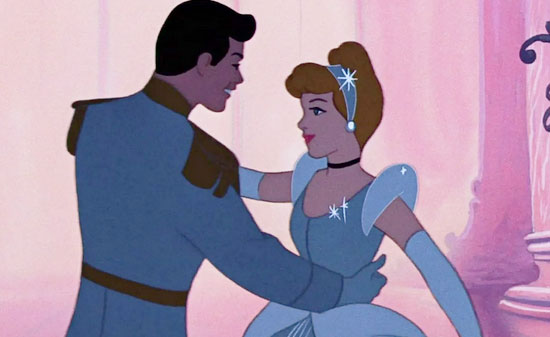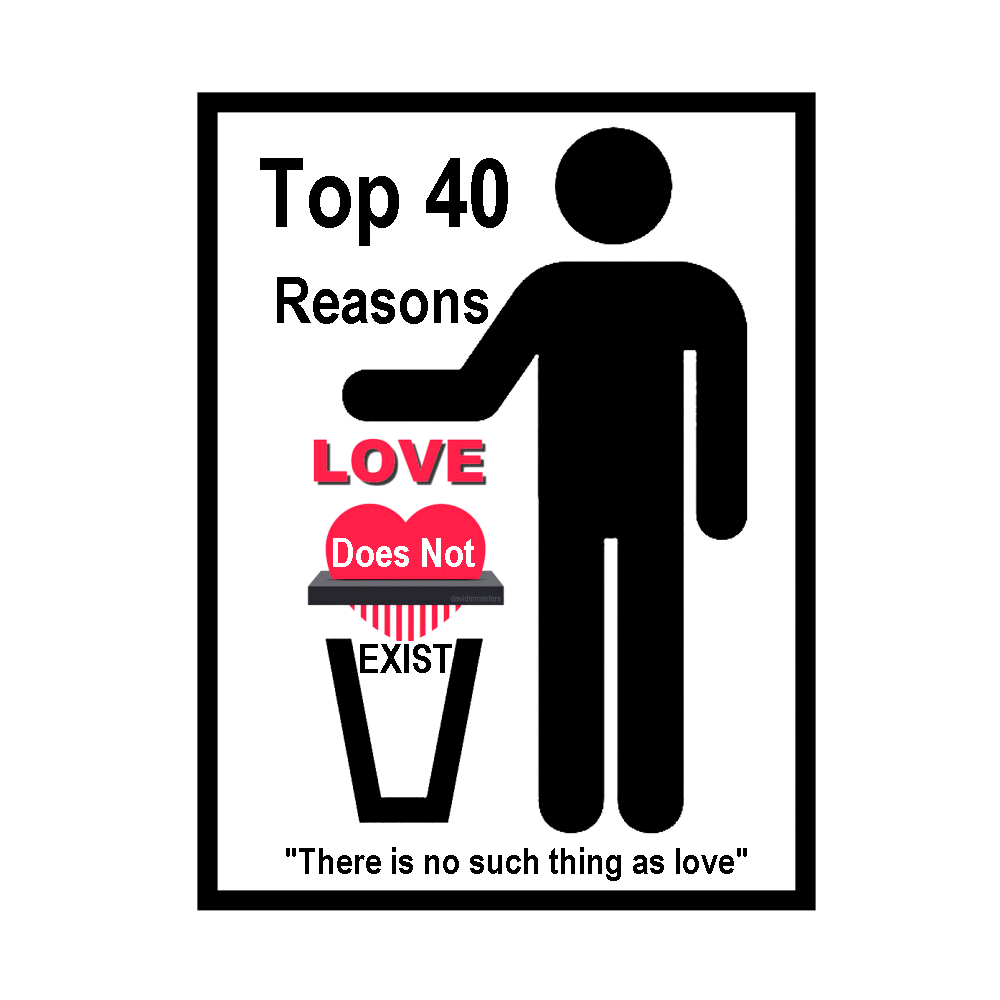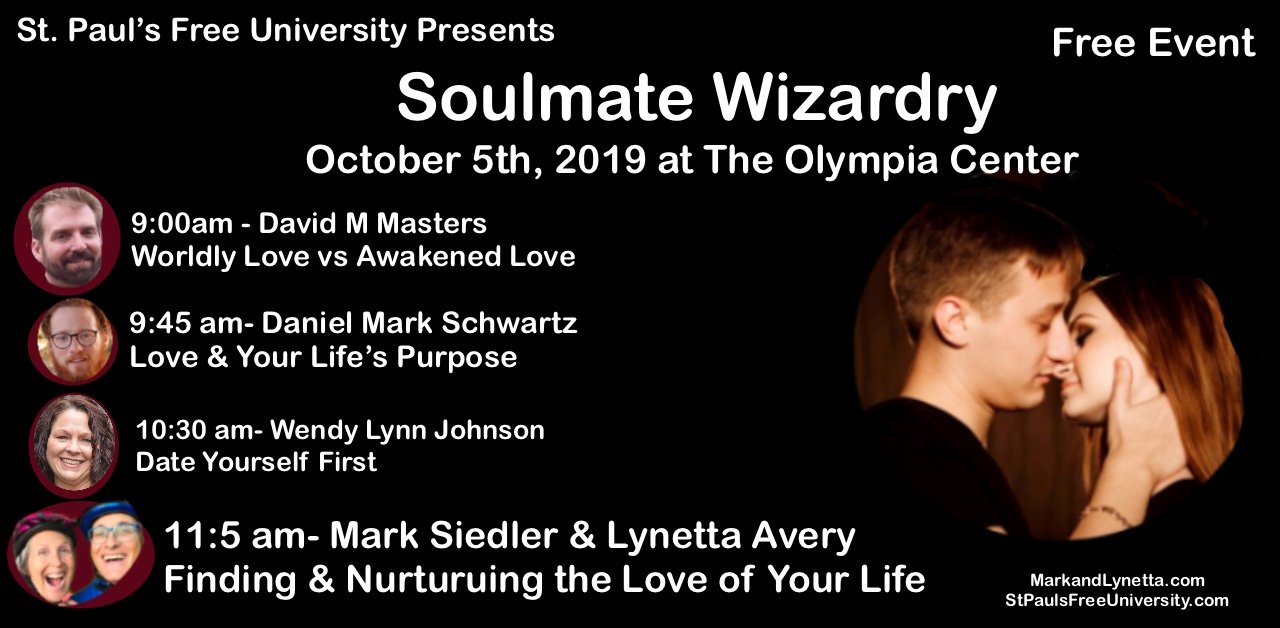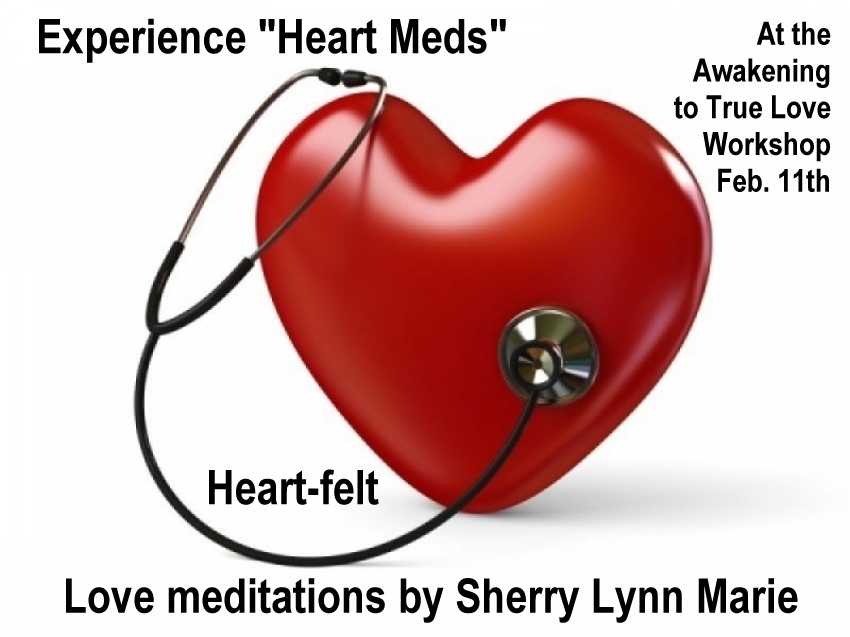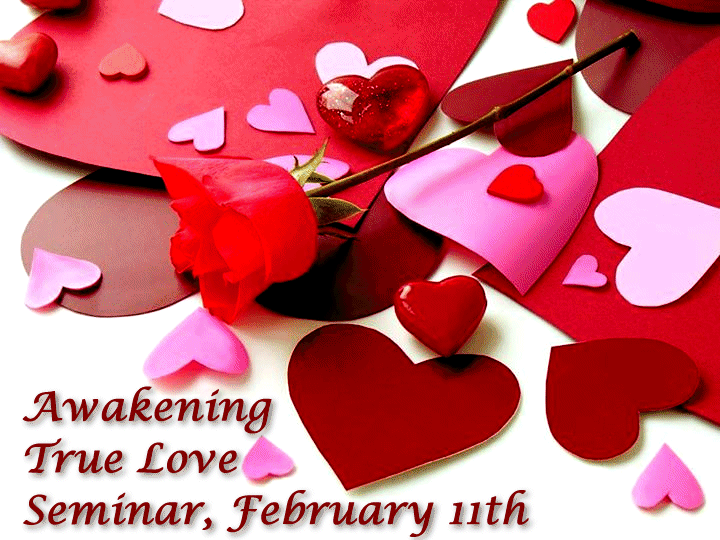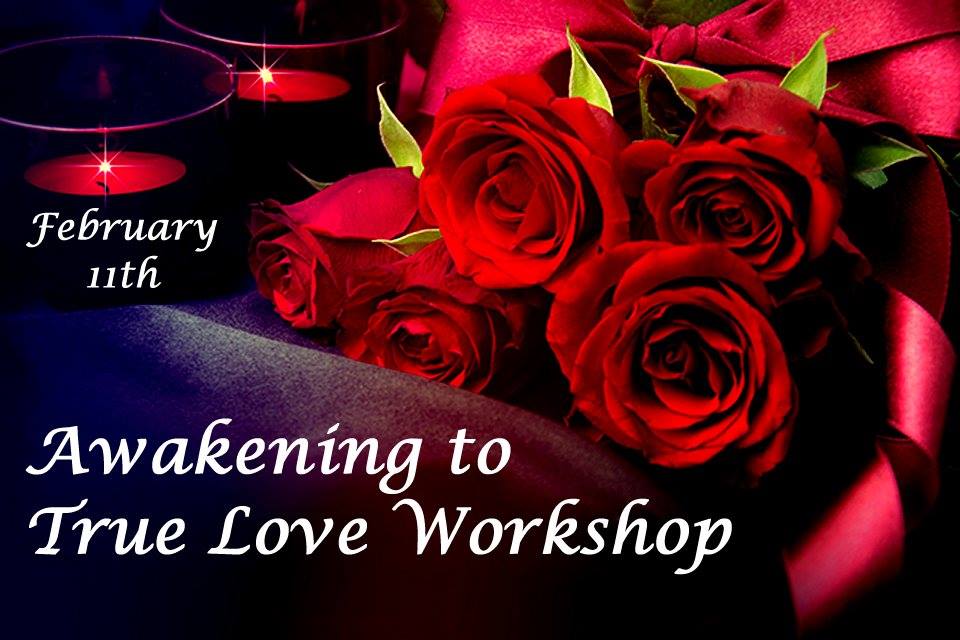For generations, Disney movies and similar media have depicted love as a fairy tale where a prince or princess is destined to meet their “one true love,” leading to a flawless union that somehow stays perfect forever. In this idyllic picture, love is effortless, magical, and undying. It’s a beautiful image, but it’s also a deeply misleading one. The concept of “happily ever after” has planted seeds of unrealistic expectations in our minds, leading many people to seek relationships that don’t and can’t exist. In the real world, love is not a fairy tale. No hero is coming to sweep you off your feet, nor will any magical romance save you from the challenges of life. True love is a journey, not a destination, and understanding this distinction is key to building relationships that last.
The Disney Effect: Creating a “Love Disease”
Our culture is “infected” with a concept of love that is more fantasy than reality. From a young age, we’ve been fed ideas about romance that condition us to believe that love means finding someone perfect, a soul mate who will complete us in every way. In these stories, conflict is either absent or resolved by the time the credits roll. There is no real work involved, and the hard parts of love—the compromises, the disagreements, the learning—are conveniently skipped.
This distorted view of love has become so ingrained that it’s hard to shake, even when real relationships fall far short of it. When people struggle in their relationships, they often feel a deep sense of disappointment, believing something is wrong with their partner, themselves, or both. They may even conclude that they haven’t found “the one” after all, starting the cycle over again with someone new, only to experience similar disappointment later.
The truth is that love, as presented by Disney, is a “disease” because it creates expectations that no real person or relationship can fulfill. It defines love as a perfect, effortless connection, which leads to failure when reality sets in. True love is not about magic; it’s about shared growth, mutual support, and working through differences together.
The Problem with Chasing “True Love”
If you’re fervently searching for true love, hoping for a perfect connection, you may find yourself disappointed repeatedly. The issue is that the more we cling to idealized notions of love, the more likely we are to miss the authentic connections right in front of us. Real love is messy. It requires hard work, resilience, and an understanding that your partner is a flawed human being, just like you.
When we base our relationship expectations on fantasy, we set ourselves up for failure. We expect perfection where it cannot exist and find ourselves disillusioned when reality doesn’t match the storybook ideal. As a result, relationships may feel incomplete, leading some people to constantly search for the “next best thing” or even abandon the concept of monogamy altogether in a quest to find what they think love should be.
The Reality of Love: Choosing a Partner on a Similar Path
True love isn’t about someone “completing” you or rescuing you from your life. It’s about finding someone who is going in the same direction as you, with whom you can build a life together. This person isn’t perfect, and neither are you. But by walking a shared path and supporting each other’s journeys, you have a better chance of reaching fulfilling destinations.
Instead of seeking a savior or someone to fill a void, healthy relationships are formed when two whole individuals come together with a sense of purpose. When you find someone who shares your values, goals, and worldview, you’re far more likely to create a lasting bond. In such a relationship, each partner’s growth enhances the relationship rather than pulling it apart.
Why the Decline in Monogamy is Concerning
The rise of non-monogamous arrangements is often presented as a solution to the disappointments of traditional relationships, but it may only further complicate matters. Instead of seeking genuine intimacy, some people end up scattering their energy among multiple partners, diluting the depth of connection that monogamy can offer. This trend reflects the same unrealistic expectations: if one partner doesn’t fulfill every need, then perhaps two or three will. However, this only deepens the illusion that fulfillment lies outside of ourselves, rather than within.
Monogamy can be deeply fulfilling when approached from a place of authenticity and acceptance. When two people commit to working through life’s challenges together, they cultivate trust, loyalty, and depth. This process is not a fairy tale; it’s often uncomfortable, imperfect, and demanding. But it’s real—and it’s lasting.
Love is Not a Fairy Tale: Everything You Know About Love Might Be Wrong
Perhaps the biggest reason relationships fail is because our very definition of love is flawed. If we define love as “happily ever after,” with no conflict, no effort, and no struggle, we will inevitably be disappointed. In reality, love is about showing up every day, even when it’s hard. It’s about choosing to understand each other and grow together, even when it would be easier to walk away.
When you release the Disney version of love, you open yourself to a relationship that’s grounded in reality. Love is a choice you make each day, not a magical solution to life’s problems. It’s about finding someone who isn’t perfect but is committed to the journey with you. By moving past the myth, we can create partnerships based on trust, resilience, and mutual respect.
How to Recognize and Build a Real Relationship
-
- Focus on Values, Not Perfection: Instead of seeking perfection, look for someone whose values align with yours. Shared values are the foundation for a stable, lasting relationship.
- Embrace Imperfections: Real love means accepting your partner’s flaws as well as your own. Recognize that you’re both growing and changing, and commit to supporting each other along the way.
- See Love as a Daily Choice: Love isn’t a one-time decision; it’s something you choose every day. Relationships require nurturing, compromise, and resilience.
- Don’t Expect a Savior: No one can “complete” you, and it’s unfair to put that expectation on a partner. Love is about supporting each other, not rescuing each other.
- Find a Shared Path: Seek someone who is going in a similar direction in life. If you’re aligned in your goals and values, your chances of long-term happiness are much greater.
Moving Beyond the Fantasy
If you’re willing to abandon the fairy-tale version of love, you may discover something even better: a real partnership built on mutual respect, shared goals, and genuine affection. True love isn’t about happily ever after; it’s about being there through the good times and the bad, growing and learning together.
By letting go of the unrealistic expectations instilled in us by Disney and other fairy tales, we can start building relationships that are grounded in authenticity. This shift might not be easy, but it opens the door to a more fulfilling kind of love—one that isn’t based on fantasy but on the beauty of two imperfect people navigating life together.
In the end, love is not a cure-all, nor is it the stuff of fairy tales. But when we approach it realistically, with humility and commitment, we may just find that what we build tether can be even more beautiful than any storybook ending.

